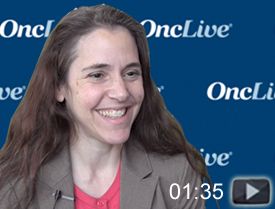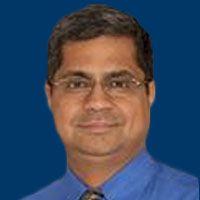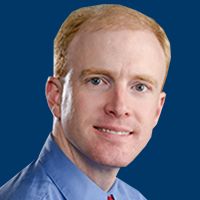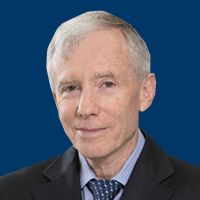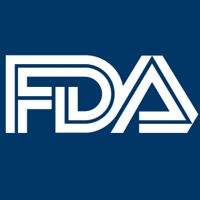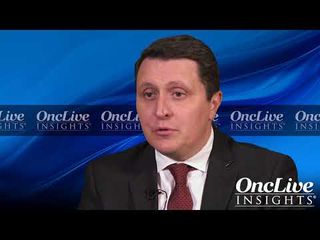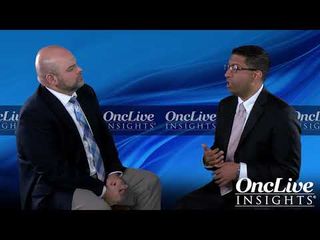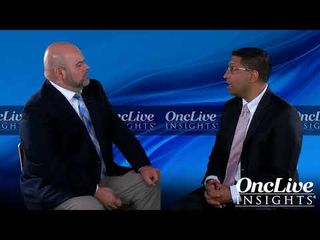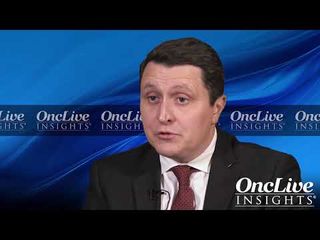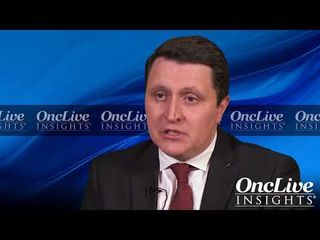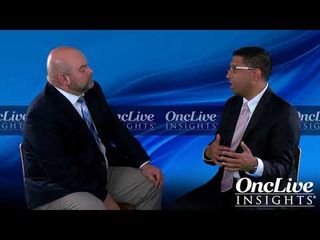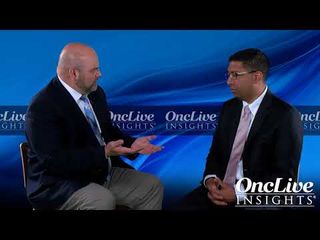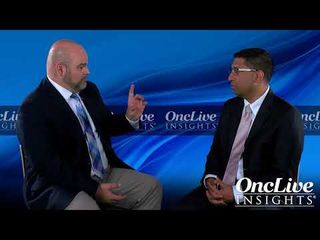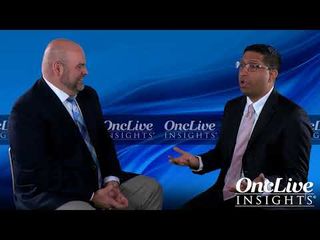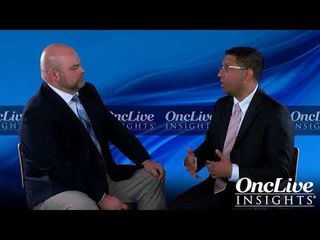
Pediatric Oncology
Latest News
Latest Videos

CME Content
More News
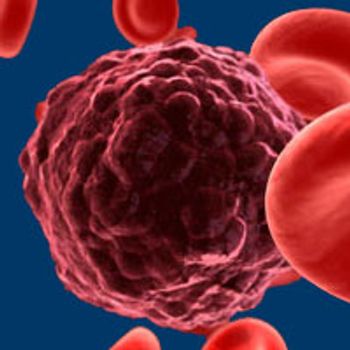
IKZF1 deletions that co-occurred with deletions in CDKN2A, CDKN2B, PAX5, or PAR1 in the absence of ERG deletion (IKZF1plus) were associated with a dramatically reduced prognosis in pediatric patients with B-cell precursor ALL.
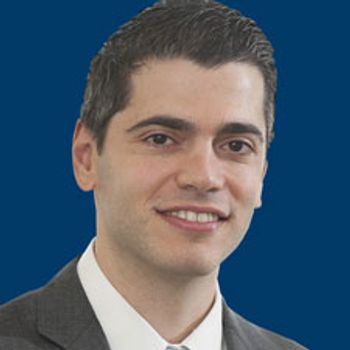
Larotrectinib (LOXO-101) induced durable responses in patients with TRK fusion–positive solid tumors, according to updated results for the novel pan-TRK inhibitor.
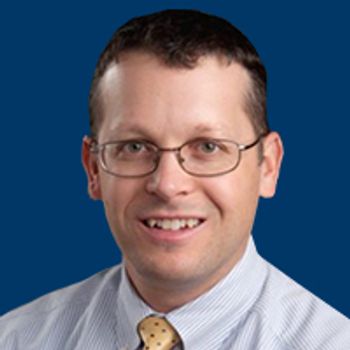
Mark E. Hatley, MD, discusses the research of endothelial progenitor cells in pediatric patients with rhabdomyosarcoma and how it can lead to thorough analyses of the tumor cells.
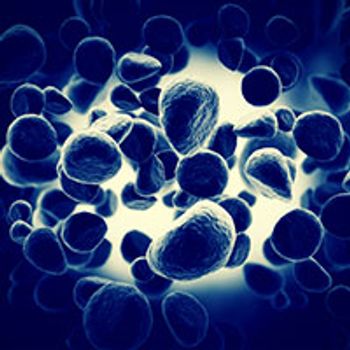
One out of 6 survivors of childhood cancer was unemployed, according to results from a meta-analysis of 56 studies conducted in the United States, Canada, Asia, and Europe.
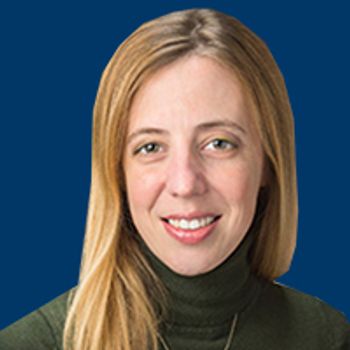
At a median follow-up of 13.1 months, tisagenlecleucel (Kymriah) induced an overall remission rate of 81% in children and young adults with relapsed/refractory B-cell acute lymphoblastic leukemia.
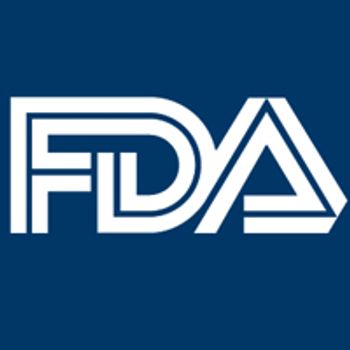
The FDA has halted 4 US studies of BPX-501, a novel cellular immunotherapy for cancers and orphan inherited blood disorders, after 3 patients developed encephalopathy possibly related to treatment with BPX-501.

The method of treatment administration in the JACLS ALL-97 and ALL-02 trials may have contributed to a lower incidence of osteonecrosis in Japanese children with acute lymphoblastic leukemia.
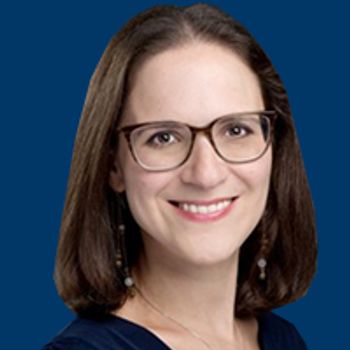
The presence of a specialized pediatric palliative care team lowered the odds that a child with cancer would be admitted to an intensive care unit at the end of life by five-fold compared with those who did not receive palliative care, according to results from a retrospective study.

Ipilimumab has been approved by the European Commission for the treatment of patients aged 12 and older with unresectable or metastatic melanoma.
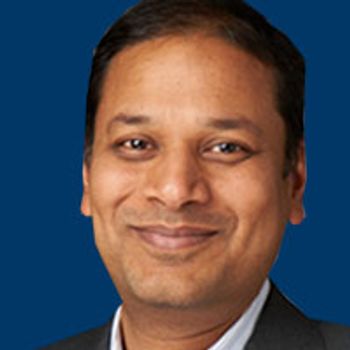
The FDA has granted a priority review to the CAR T-cell therapy tisagenlecleucel for adult patients with relapsed/refractory DLBCL who are ineligible for or relapse after autologous stem cell transplant.

Children with TP53 pathogenic variants were more likely to both develop acute lymphoblastic leukemia, as well as secondary cancers later on, according to a recent analysis.
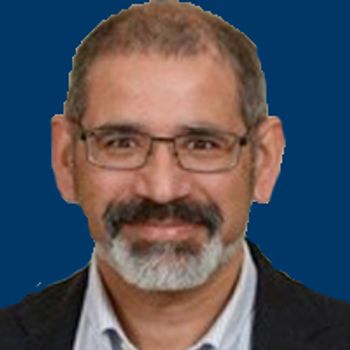
In patients with stage III favorable-histology Wilms tumor, negative nodal involvement and the absence of loss of heterozygosity at chromosomes 1p and 16q were predictors for event-free survival and overall survival.

Charalambos (Babis) Andreadis, MD, MSCE, associate professor of clinical medicine, Department of Medicine, UCSF Helen Diller Family Comprehensive Cancer Center, discusses the role of chimeric antigen receptor (CAR) T-cell therapy for pediatric patients with acute lymphocytic leukemia (ALL).
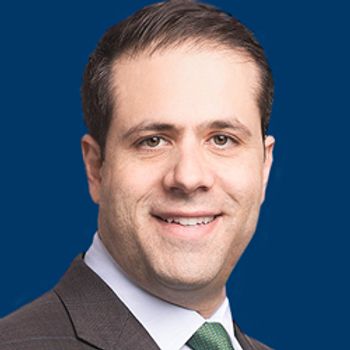
Loxo Oncology has initiated a rolling submission of data for a NDA to the FDA for the novel pan-TRK inhibitor larotrectinib (LOXO-101) as a treatment for adult and pediatric patients with TRK fusion-positive advanced solid tumors.
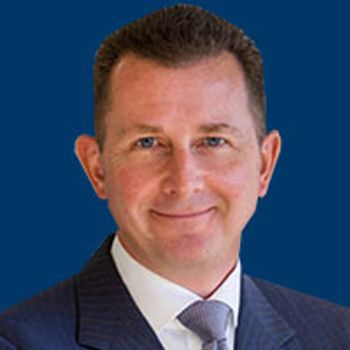
The European Medicines Agency’s Committee for Medicinal Products for Human Use has recommended approval of ipilimumab for the treatment of pediatric patients aged 12 years and older with unresectable or metastatic melanoma.
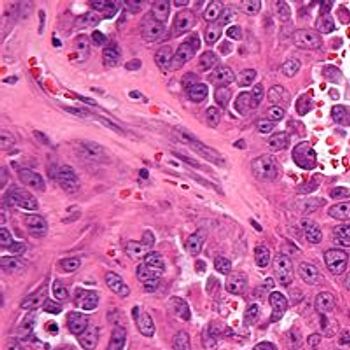
Investigators working in Malawi found an association between the combination of vincristine, bleomycin, and etoposide and improved quality of life, overall survival, and event-free survival in children with Kaposi sarcoma
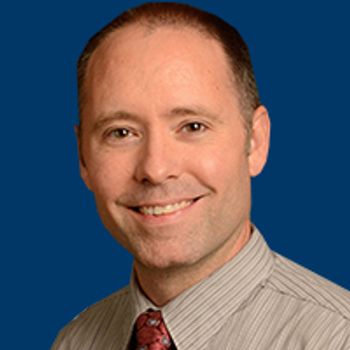
The novel pan-TRK inhibitor larotrectinib (LOXO-101) achieved a 93% response rate in pediatric patients with TRK fusion–positive solid tumors.
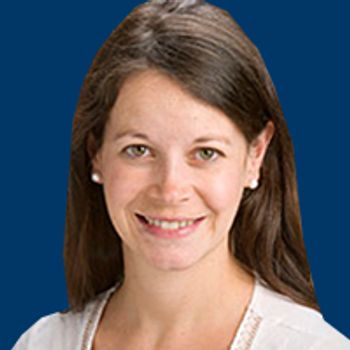
Proton beam therapy in children and young adults with nonhematologic malignancies of the head and neck appeared to be safe and delivered local control rates similar to those seen historically.
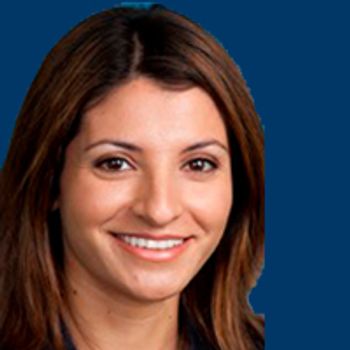
The risk for graft-vs-host disease is low in children aged 2 to 12 years with acute leukemia, suggesting these patients may be good candidates for reduced preventative measures.
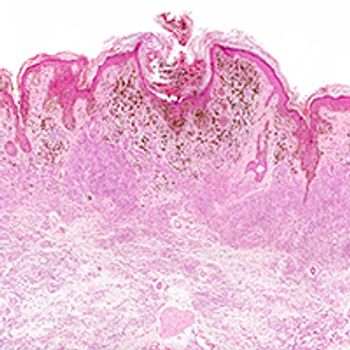
Ipilimumab was associated with a 1-year overall survival rate of 75% in adolescent patients with stage III/IV unresectable malignant melanoma.

Physicians are missing opportunities to refer pediatric patients with hematologic malignancies to palliative care at the end of life, and those who are admitted to palliative care tend to have very advanced disease.

Children with B-cell acute lymphoblastic leukemia who were positive for CD200 and/or CD56 expression had significantly poorer overall survival and disease-free survival.
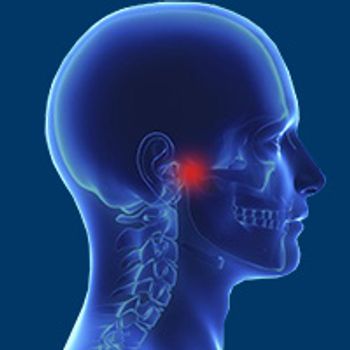
An adjusted combination of chemotherapy, radiation therapy, and surgery induced a 5-year overall survival rate of 91.3% in pediatric patients with rhabdomyosarcomas of the head and neck.

While survivors of childhood cancers are at increased risk for developing soft-tissue sarcomas compared with the general population, the absolute risk for developing STS is low except for leiomyosarcoma after retinoblastoma.
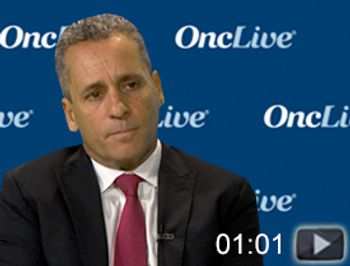
Guy Young, MD, director, Hemostasis and Thrombosis Program, attending physician, Hematology, Oncology and Blood and Marrow Transplantation, Children’s Hospital Los Angeles, discusses the challenges of using anticoagulants in children with cancer.


